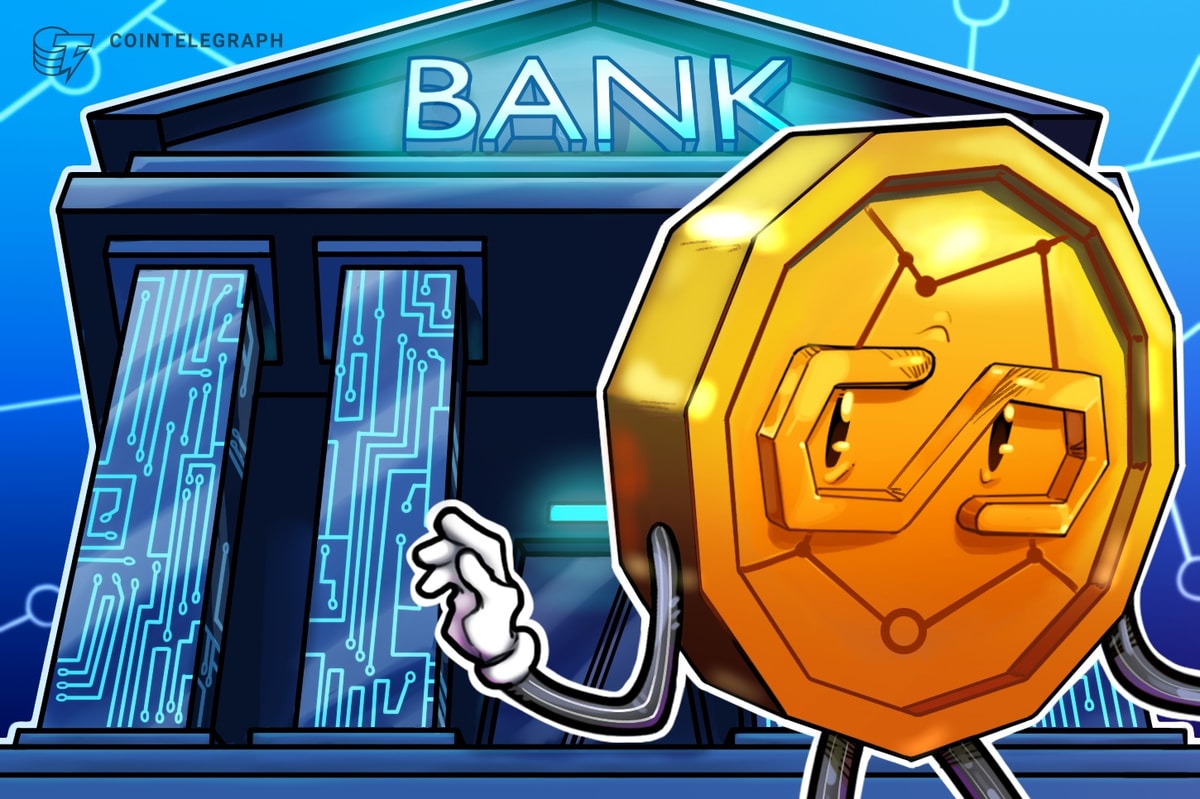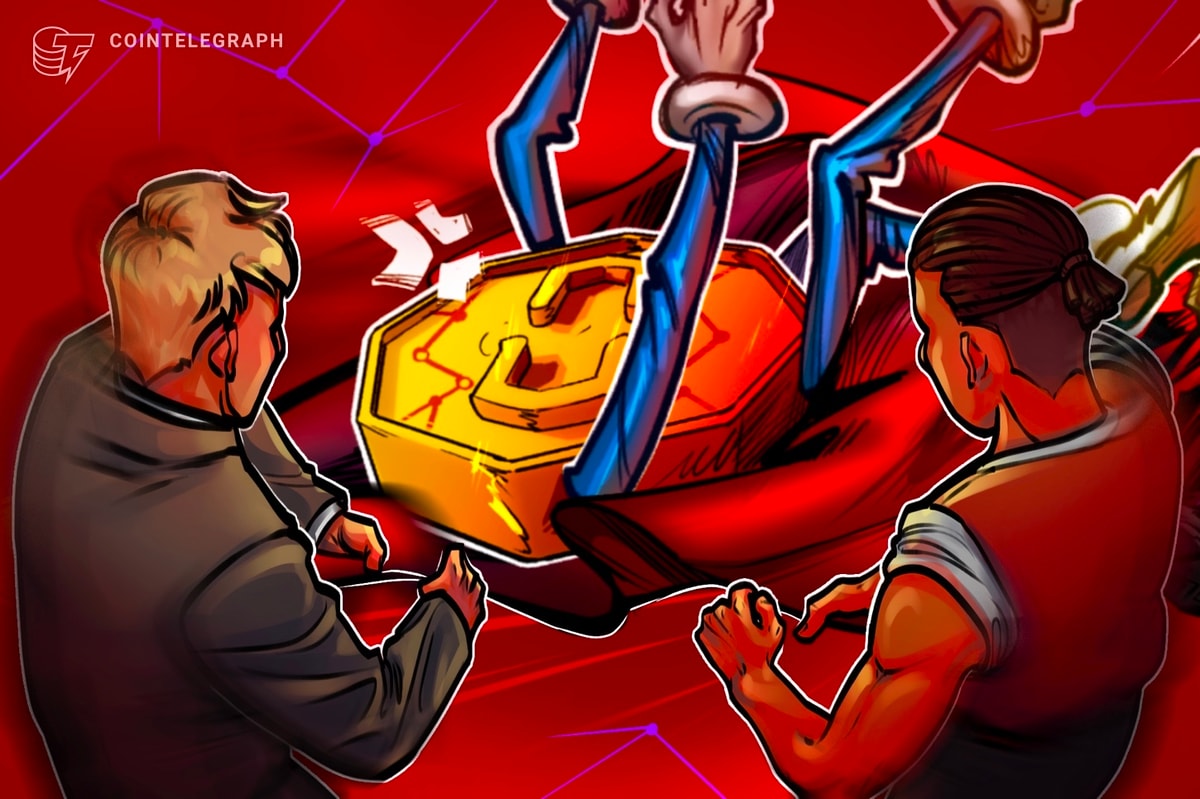Jeffrey Tucker is an economist who’s also savvy with blockchains (a rare combination). He is responsible for introducing Bitcoin to many of his readers via his authorship of four books and founding of the Cryptocurrency Conference.
Tucker is a distinguished fellow for the Foundation for Economic Education and is the Chief Liberty Officer of Liberty.me.
He talked with Cointelegraph about the European Central Bank’s warnings about deflation, the future of fractional-reserve banking, and the role of peer-to-peer solutions.

Cointelegraph: Why is the European Central Bank so worried about deflation? Isn’t a currency gaining value a good thing?
Jeffrey Tucker: Falling prices are wonderful for consumers, but governments have long waged war on them because debtors don’t benefit from rising currency values. Governments are the biggest debtors, which is one reason they favor inflationary finance.
Fortunately for us, there is very little that central banks and governments can do about deflationary pressure. The velocity of money is falling all over the world as a response to fear-based deleveraging. I fully expect this trend to continue.
CT: What would happen for consumers if deflation took hold in the Eurozone?
JT: It would be very good for consumers. Murray Rothbard wrote that the best — not the worst — feature of the Great Depression was falling prices. That is the silver lining of any recessionary environment. We need deflation. And contrary to what many elites say, you can do very good business under deflationary conditions. You just have to stay on your toes.
“You can do very good business under deflationary conditions.”
CT: Would we see more bail-ins or negative interest rates?
JT: Zero interest rates have upended the traditional functioning of banks. We now have official rates and market rates and there is a huge divergence between the two. This is one reason we’ve seen the emergence of peer-to-peer lending institutions like LendingTree and so on.
Banks have been holding tanks for government debt, preserving it from being subjected to a market-based default premium. In essence, the banking system is broken. Government broke it in 2008 and now there is no going back.
CT: How do institutions hedge against deflation?
JT: To deal with deflation, you have to be super-efficient, highly innovative, and be prepared for unrelenting competitive pressure. It requires low inventories and non-stop cost control. It can be done.
This is what the entire software and computer industries have faced for the last 20 years, and these industries have been a driver of the world economy. It’s also been true for clothing for a quarter of century. So, yes, it can be done.
CT: Should people take actions to secure their own wealth if faced with deflation?
JT: There’s never a bad time for saving money, but deflation rewards you for doing so. Deflationary pressure creates a cycle: falling velocity rewards higher money demand and this higher demand reduces velocity. This is why people call the results a “deflationary spiral.” Instead of being a bad thing, I see this as a great thing for economic life.
“There’s never a bad time for saving money, but deflation rewards you for doing so.”
CT: Does Bitcoin, or any other cryptocurrency, have a role to play if Eurozone deflation become a reality?
JT: There is a future for Bitcoin regardless of deflation. If the deflationary trend reverses, we could see an additional push toward Bitcoin, which is increasingly emerging as the world’s safe haven, displacing precious metals.
Interested in more of Tucker’s views on economics and cryptocurrency? Check out his YouTube appearances and Liberty.me blog.
Did you enjoy this article? You may also be interested in reading these ones:











